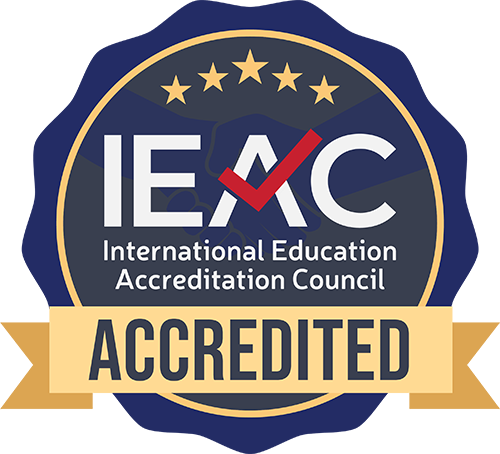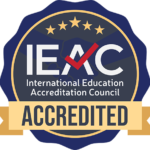This option is applicable to people who can show they have the ability to undertake research at the Masters or Doctorate level. There are no required courses. If you are accepted as a candidate, you will be referred to to as a‘researcher’.
As researcher, you must possess appropriate academic qualifications, as well as the necessary background and research expertise. This wil qualifying you for your proposed topic. Acceptance as a researcher is considered on a case-by-case basis.

You will need to submit a draft research proposal for the Research Committee evaluation. Researchers may nominate their own mentors or be allocated one by the Research Committee. Your mentor will work with you to modify the proposal as necessary before the Committee gives their final approval.
The intended research outcome should demonstrate competence in the subject area/profession at an advanced level (Masters) and/or contribute towards new or existing knowledge (Doctorate). The length of a Masters thesis is approximately 40,000 words, and for a Doctorate at least 70,000 words. Presentation format must follow either the Oxford, Harvard or Chicago methods. On acceptance, researchers are given full details of all academic requirements.
Throughout the research period, the researcher will work closely with his/her mentor by any method chosen by them. This may be online, via telephone, fax, letters, and/or face-to-face. The researcher’s activities will be mapped out across the credit scheme.
At the end of each term, the researcher and the mentor must each submit a progress report to the Research Committee. These reports are monitored closely so that the researcher can be guided accordingly.
When the mentor is satisfied that the work is ready for examination, a report is given to the Research Committee for their recommendation and for external examination. External examination is by two independent academics who will report back to the Research Committee with their recommendations.
After receiving the reports from the examiners, the Research Committee may recommend the award of the required degree, or resubmission with modifications or corrections, or a lesser degree.
If it is rejected again the researcher may appeal and request the appointment of two external university examiners. In some cases an oral defence (viva voce) may be required. Rejection could lead to outright failure or the awarding of a lesser degree.
A research degree requires considerable investigative ability, writing skills and critical analysis. It is an option only to be chosen by those with these qualities, and who feel confident that they can contribute to new knowledge.
A Master’s Degree may be obtained within one academic year, or less for those with advanced placement.
A PhD/DBA may be completed within two academic years in exceptional circumstance.
Transfer students from other institutions are welcome to apply, and advanced standing may be given for previous study and research. Extensions are permitted (maximum of six terms for Master’s and ten terms for Doctorate).
This option is not for everyone seeking a Masters or Doctorate degree. Unless you feel competent to undertake intensive research, you are advised to consider Option 2, no less demanding but structured to test and assess a candidate’s ability, knowledge and expertise in his or her chosen area of specialisation through instruction, projects and assignments.
The first day of any month, and the term begins the first date of matriculation (entry) when the student is approved as a researcher. Find out HOW TO APPLY.
Each academic term (semester) is 4 months. MA and MBA students are committed for a minimum of 4 terms, and MFA students for a minimum of 5 terms.
Doctoral researchers are committed for a minimum of 6 terms. All researchers may extend their enrolment within reason but are required to pay separately for each extension term. See the Fees section for more information. Also, see Financial Aid and Scholarships.




